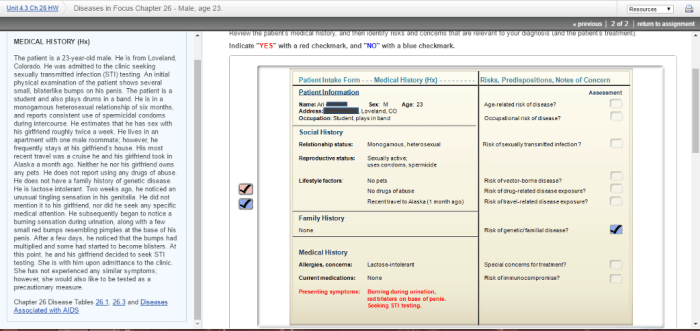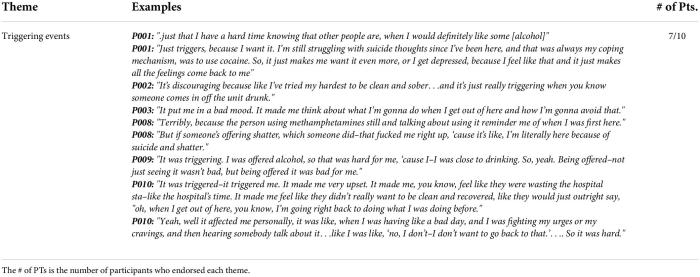Any contra-actions noticed during the treatment are included on the – Contra-actions, adverse reactions that occur during medical treatment, are an integral aspect of healthcare that requires careful monitoring, management, and communication. Understanding their significance and implementing effective strategies to address them ensures patient safety and optimal treatment outcomes.
The monitoring of contra-actions during treatment is crucial for early detection and timely intervention. Documentation methods, such as patient charts and electronic health records, play a vital role in capturing and tracking these reactions accurately.
Contra-Actions During Treatment

Contra-actions, in the context of medical treatment, refer to unintended or adverse reactions that may occur during the course of treatment. These reactions can range from mild and temporary to severe and potentially life-threatening.
Examples of potential contra-actions include allergic reactions to medications, adverse effects from drug interactions, or complications arising from surgical procedures.
Monitoring and Documentation
Monitoring for contra-actions during treatment is crucial to ensure patient safety. Healthcare professionals should closely observe patients for any signs or symptoms of adverse reactions.
All contra-actions should be documented in the patient’s medical record, including the type of reaction, severity, and any interventions taken.
Management of Contra-Actions
The management of contra-actions depends on the severity of the reaction. Mild reactions may require only supportive care, while more severe reactions may necessitate discontinuation of treatment or emergency medical intervention.
It is important to seek medical attention immediately if a patient experiences any severe contra-actions, such as difficulty breathing, chest pain, or seizures.
Communication and Patient Education, Any contra-actions noticed during the treatment are included on the
Communicating about potential contra-actions with patients before treatment begins is essential for informed consent.
Healthcare professionals should educate patients about the signs and symptoms of contra-actions and how to report them promptly.
Data Analysis and Reporting
Analyzing data on contra-actions can help identify trends and patterns, leading to improved patient safety.
Reporting contra-actions to relevant authorities, such as regulatory agencies or pharmaceutical companies, is important for tracking and addressing potential safety concerns.
Questions and Answers: Any Contra-actions Noticed During The Treatment Are Included On The
What are contra-actions?
Contra-actions refer to adverse reactions that occur during medical treatment, resulting from the interaction between the treatment and the patient’s individual physiology.
Why is monitoring contra-actions important?
Monitoring contra-actions is essential for early detection and timely intervention, ensuring patient safety and optimizing treatment outcomes.

